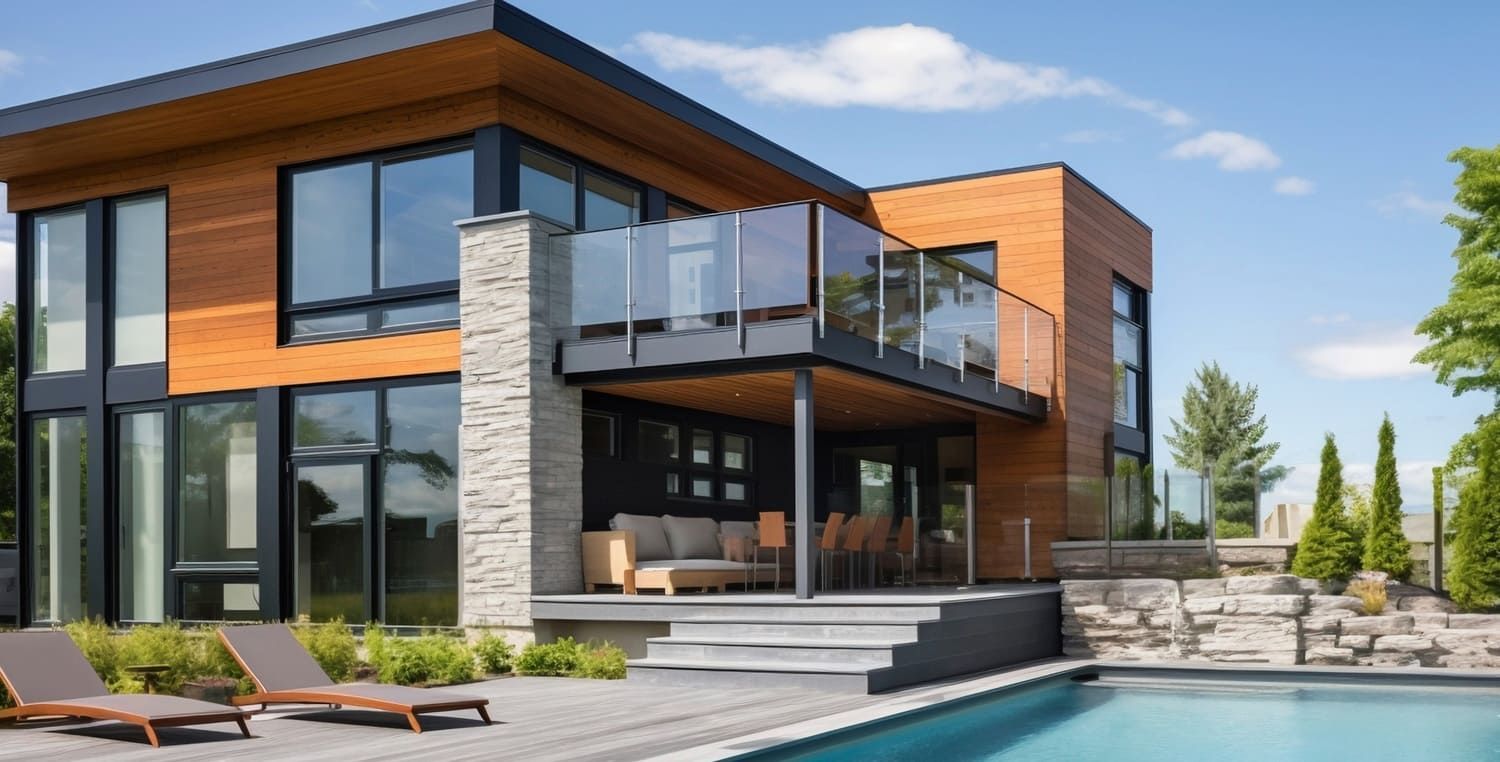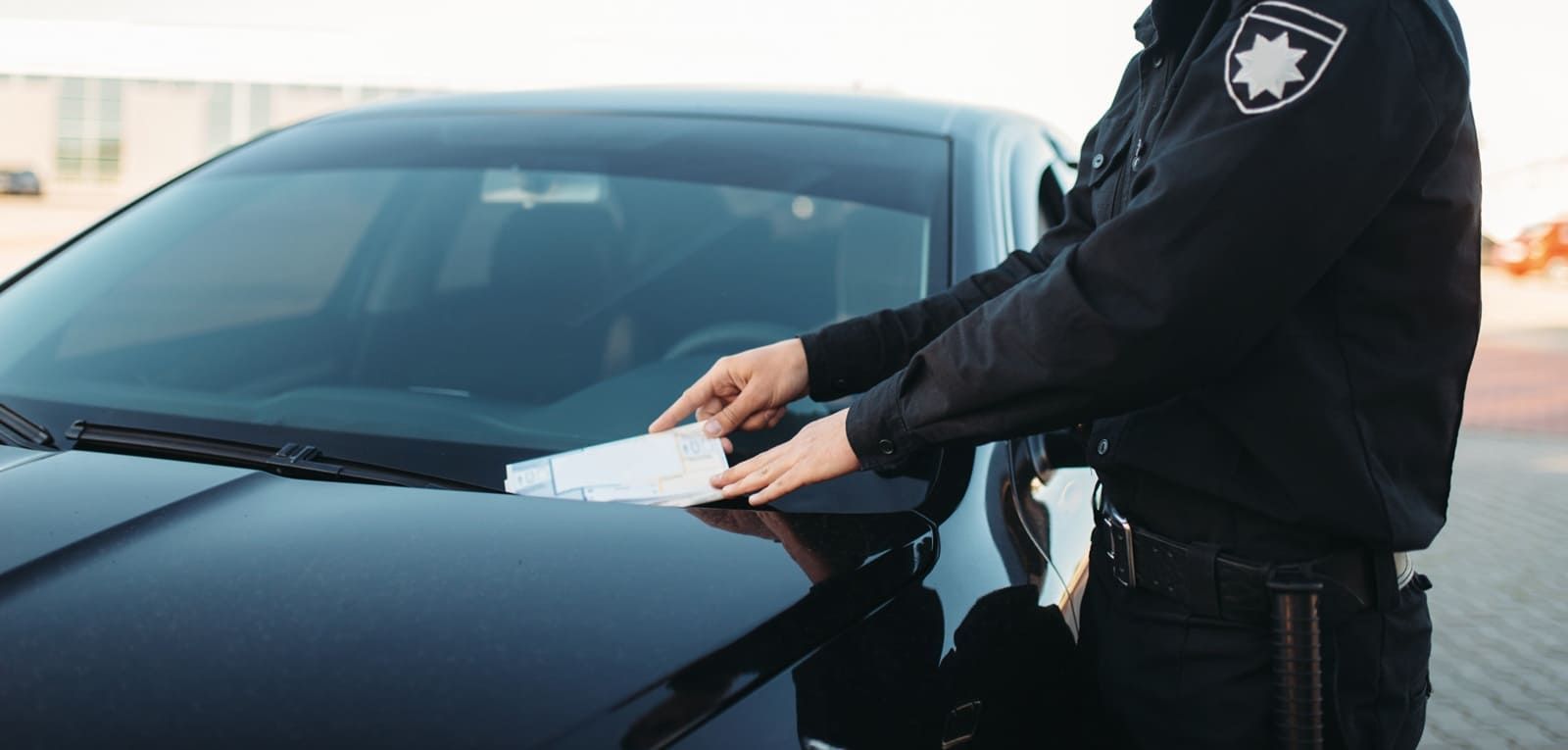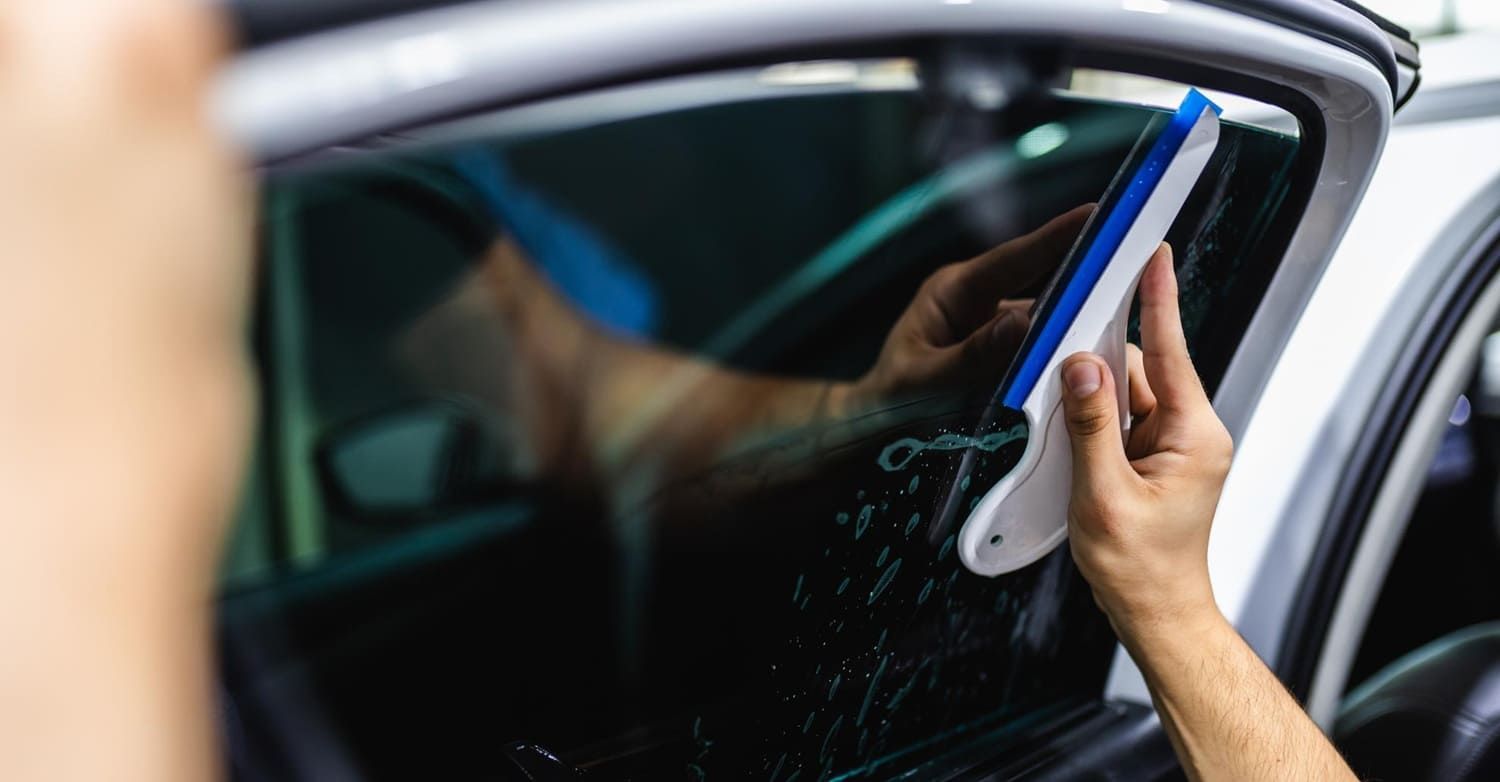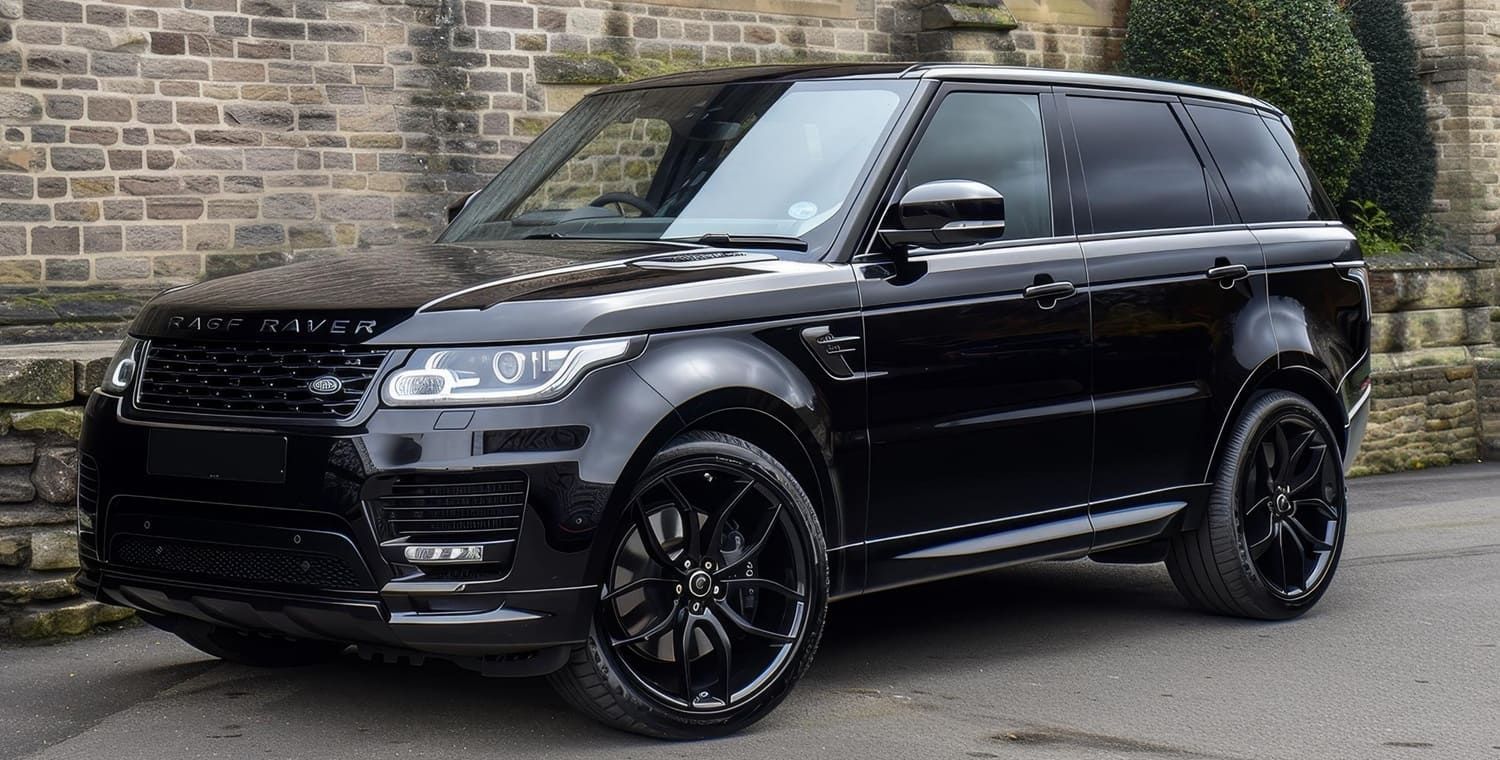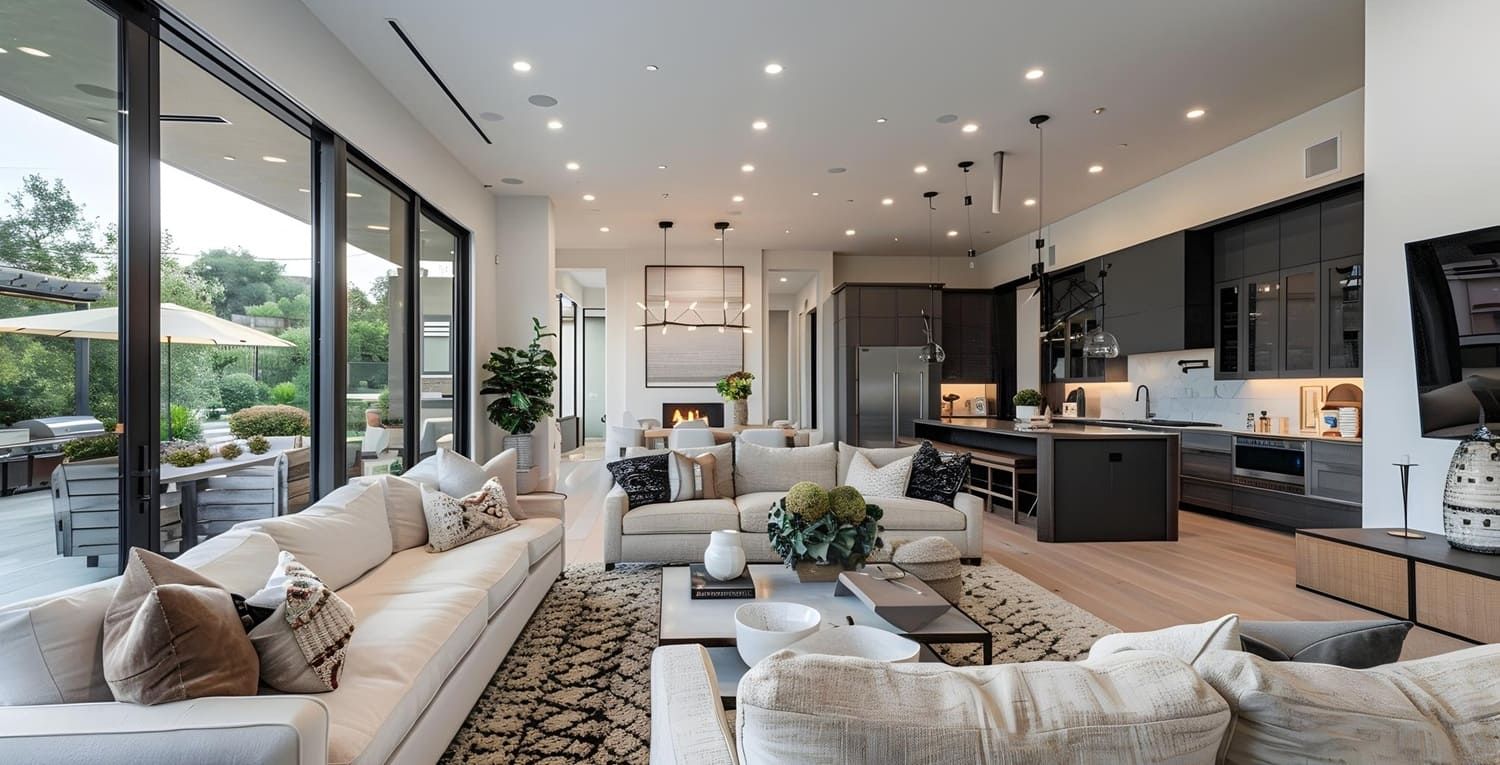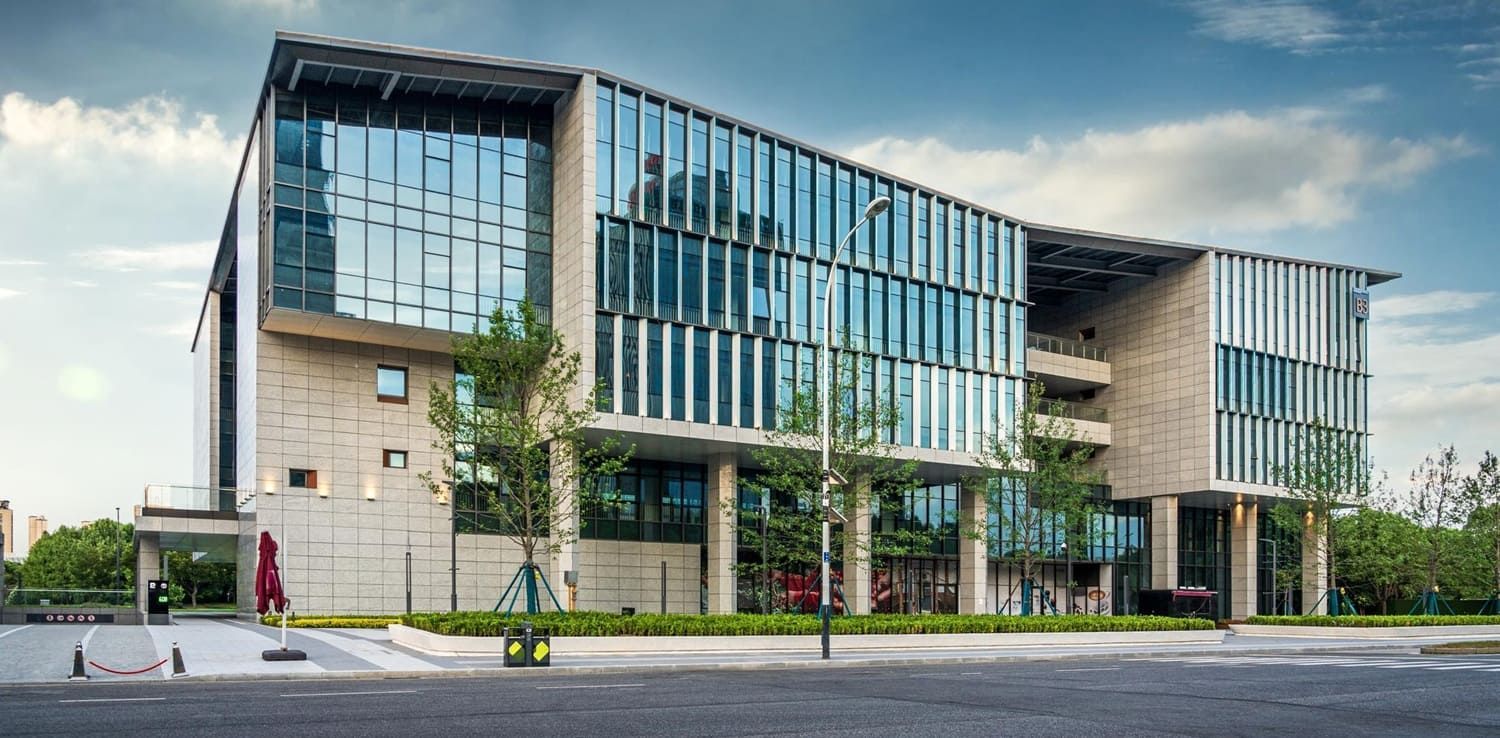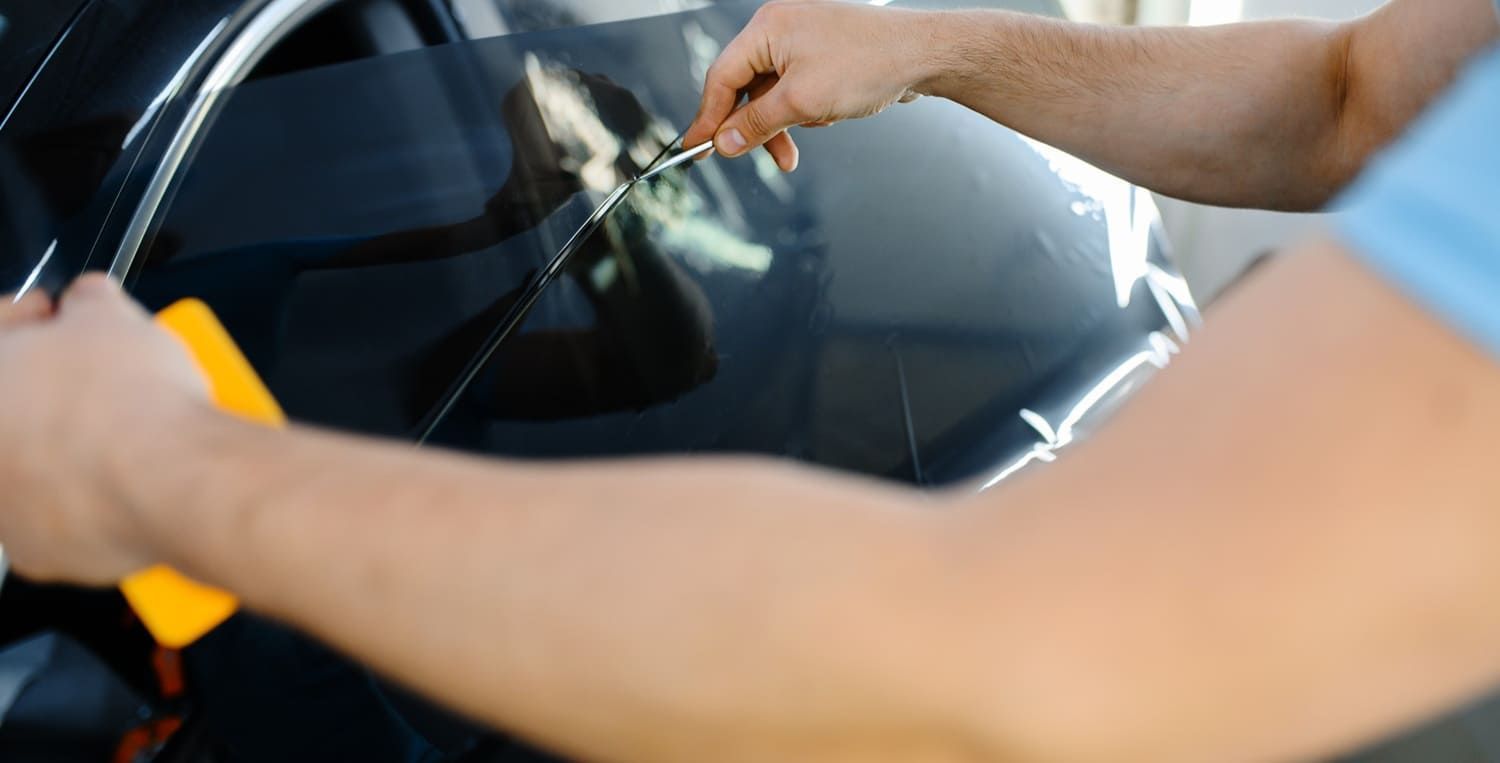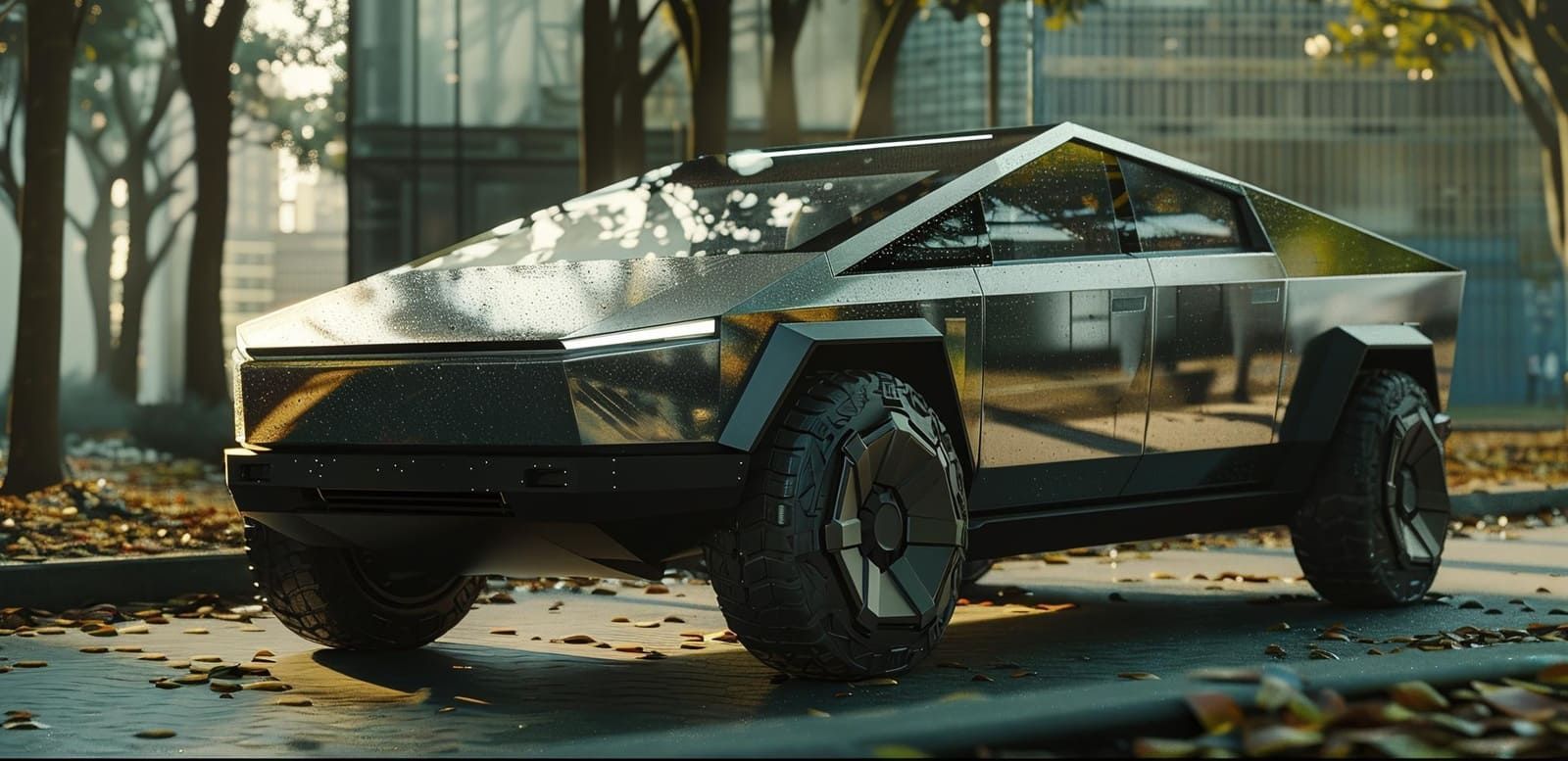What Tinting Mistakes Do Most Car Owners Regret?
Tinting your car windows might seem like a simple upgrade, but it's a task that requires careful consideration and execution. While window tinting offers several benefits such as UV protection, reduced glare, and enhanced privacy, many car owners fall into common pitfalls that lead to unsatisfactory results. In this article, we'll explore the most common tinting mistakes car owners regret and how to avoid them.
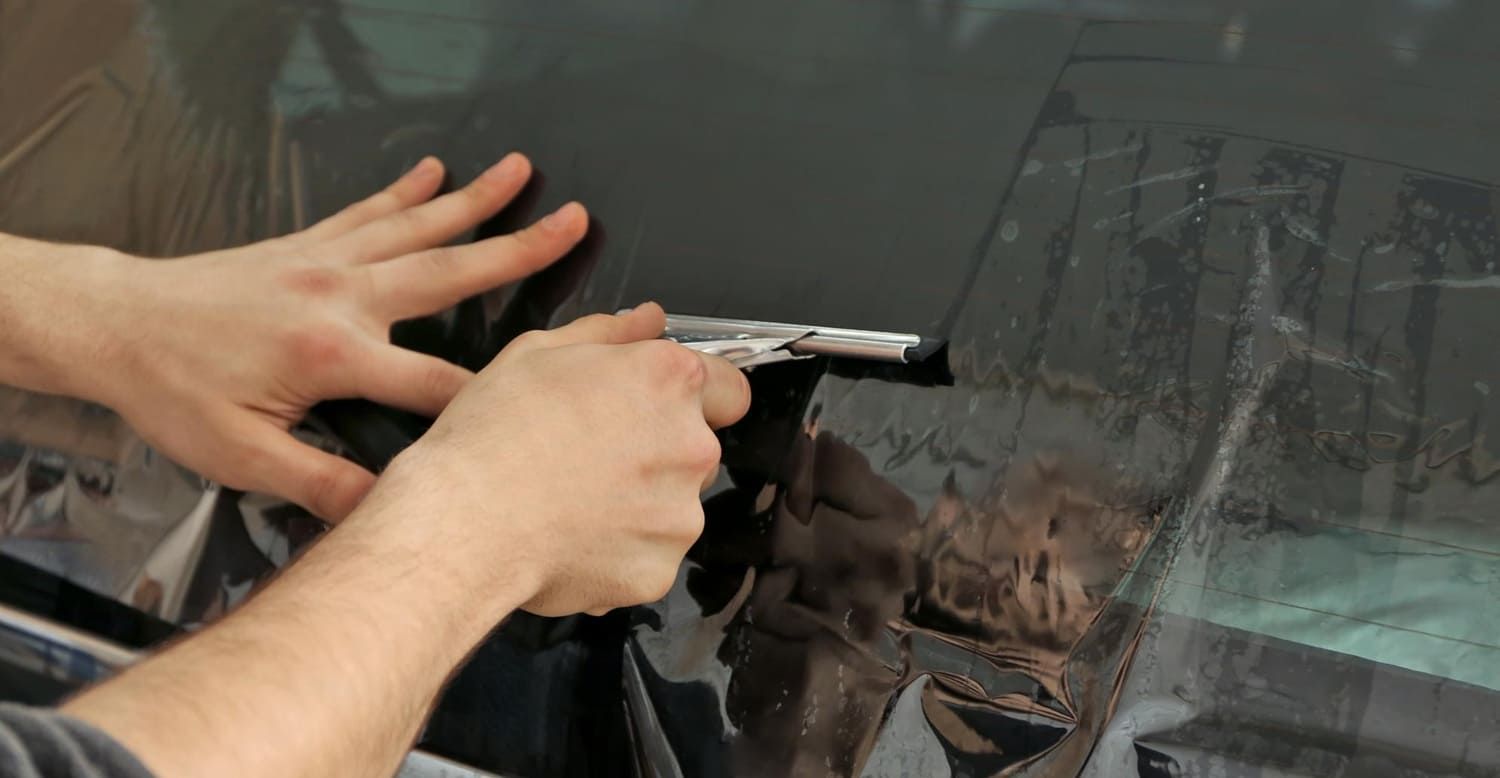
Choosing the Wrong Tint Shade
Selecting the right shade of tint is one of the most critical decisions you'll face when tinting your car windows. Many car owners make the mistake of choosing a shade that's either too dark or too light for their needs, which can lead to various issues. A tint that's too dark can hinder visibility, especially at night, leading to potential safety hazards. This could make driving more stressful and dangerous, particularly in poorly lit areas or during adverse weather conditions. On the other hand, a tint that's too light may not provide sufficient privacy or heat reduction, undermining the very reasons for installing it in the first place.
Legal Considerations
It's crucial to be aware of the legal restrictions in your area regarding tint darkness. Each state or country may have different regulations, and failing to comply could result in fines or mandatory removal of the tint. Legal guidelines are in place not only to ensure safety but also to prevent law enforcement issues, as overly dark tints can obstruct the view inside the vehicle. Before you decide on a shade, check your local laws to ensure your choice is compliant. Consulting with a professional installer who is familiar with these regulations can also provide peace of mind.
Personal Preference vs. Practicality
While a darker tint might appeal to your aesthetic sense, consider practicality. Ask yourself what you want to achieve with window tinting. Is it privacy, UV protection, or aesthetics? Balancing these factors with your personal preferences will help you choose the most suitable shade. For instance, if you frequently drive in sunny areas, a tint that maximizes UV protection might be more practical than one that simply looks good. Additionally, consider how your choice might affect other drivers in your household who might have different needs or preferences.
DIY Tinting Without Proper Tools
In an effort to save money, many car owners opt for a DIY approach. However, without the right tools and skills, this can lead to uneven application, air bubbles, and peeling. The quality of the final result is often compromised, and the lack of professional-grade tools can make it difficult to achieve a seamless finish. Professional installers have access to high-quality tools and materials that ensure a smooth and lasting finish, which can withstand the test of time and varying weather conditions.
The Importance of Professional Installation
Hiring a professional may seem like an added expense, but it can save you time and money in the long run. Professionals can provide expert advice on the best materials and techniques for your vehicle, ensuring a flawless application. They can also offer warranties or guarantees on their work, giving you added assurance. Furthermore, professionals can tailor their services to suit your specific needs, taking into account factors such as your car model and typical driving conditions.
Common DIY Errors
- Inadequate Surface Preparation: Failing to thoroughly clean the windows before application can trap dirt and dust under the tint, leading to unsightly blemishes and reducing the tint's effectiveness.
- Poor Cutting Techniques: Cutting the tint film inaccurately can result in gaps or overlaps, which not only look unprofessional but can also cause the tint to peel prematurely.
- Incorrect Application: Applying the tint film in unfavorable conditions, like high humidity or wind, can lead to bubbles and peeling. This is especially true if you're inexperienced and not familiar with the nuances of tint application.
Overlooking UV Protection
Another common mistake is neglecting the importance of UV protection. Not all tint films offer the same level of UV protection, and choosing a low-quality film can leave you and your passengers exposed to harmful UV rays. This exposure can lead to health issues such as skin cancer and also cause damage to your car's interior, fading upholstery and cracking dashboards.
Benefits of UV Protection
Quality tint films can block up to 99% of UV rays, protecting your skin and reducing the risk of sun damage. This protection is particularly important for long drives or frequent exposure to the sun, as it can significantly lower the risk of skin-related health problems. UV protection also helps prevent fading and cracking of your car's interior, preserving the aesthetic and resale value of your vehicle over time.
Selecting UV-Protective Films
When choosing a tint, look for films specifically designed to block UV rays. These films may cost more upfront but offer long-term benefits in terms of health and car interior preservation. Investing in high-quality UV-protective films can also enhance your driving comfort by reducing the sun's glare and keeping the interior cooler. Consider consulting with professionals who can guide you in selecting the best film for your needs and budget.
Ignoring the Effect on Resale Value
Tinting can affect your car's resale value. While some buyers appreciate tinted windows for their benefits, others may view it as a negative, especially if the tinting doesn't comply with legal standards or affects visibility. A poorly chosen or applied tint can deter potential buyers, making it harder to sell your vehicle when the time comes.
Striking a Balance
To maintain or enhance resale value, opt for a moderate tint that complies with legal standards and is professionally installed. This approach appeals to a broader range of potential buyers, ensuring that your car retains its marketability. A well-chosen tint can add to the car's appeal by offering practical benefits without compromising aesthetics or legality.
Customizing for Marketability
Consider the demographic of potential buyers for your car model. A sports car might benefit from a darker, more stylish tint, whereas a family car might appeal more with a lighter, UV-protective tint. Understanding your target market can help you make informed decisions that enhance your car's value and attractiveness. Additionally, keeping records of professional installations can reassure buyers about the quality and legality of the tinting.
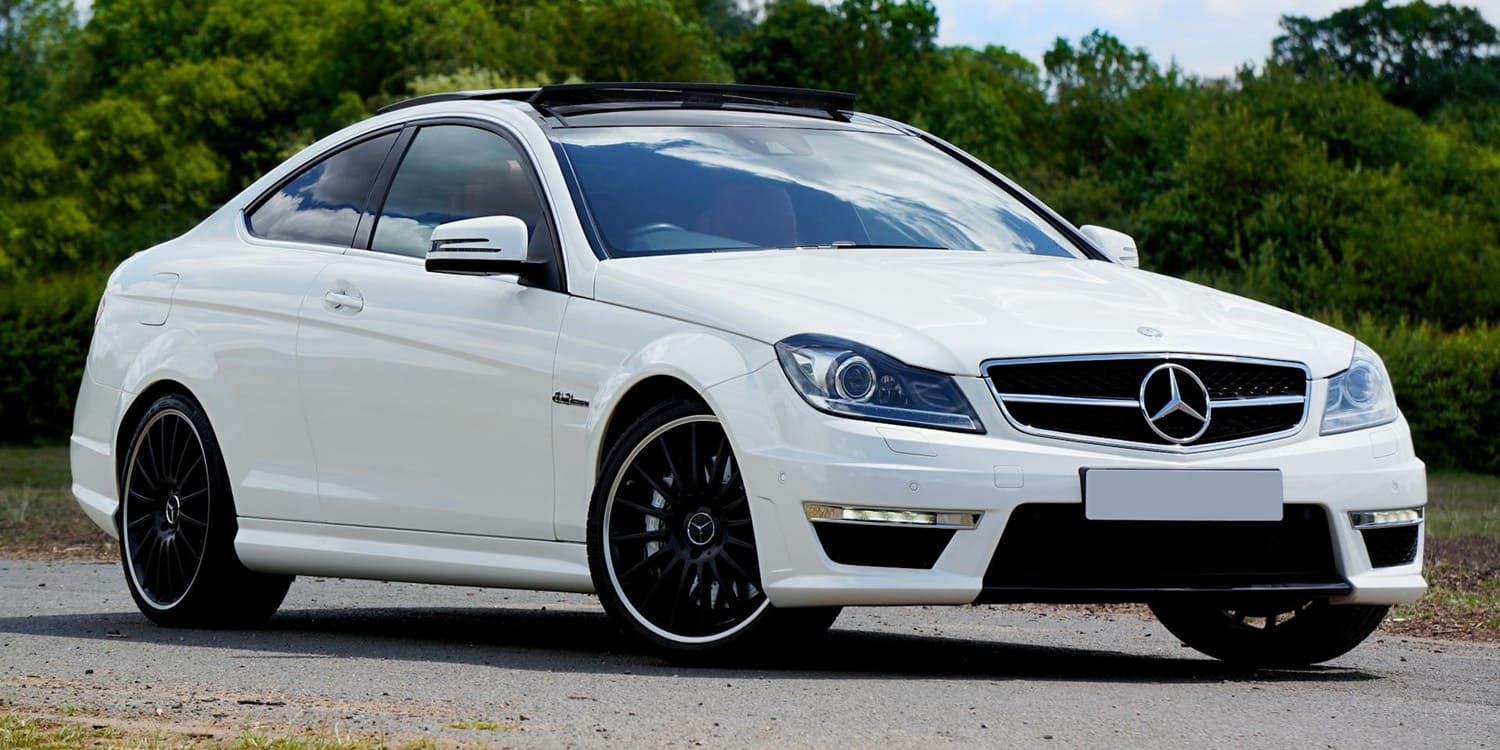
Failing to Consider Climate
The climate where you live can significantly impact the effectiveness of your window tint. In hotter regions, a tint with high heat rejection properties is essential, whereas in cooler climates, you might prioritize UV protection and glare reduction. Neglecting to consider your local climate can result in a tint that fails to meet your comfort and protection needs.
Climate-Specific Tinting Solutions
- Hot Climates: Invest in ceramic or metalized tints that offer superior heat rejection. These tints can keep your car cooler, reducing the need for air conditioning and enhancing fuel efficiency.
- Cold Climates: Focus on tints that reduce glare without overly darkening the windows. This can improve visibility in low-light conditions while still offering some level of UV protection.
- Variable Climates: Consider hybrid films that offer a balance of heat rejection and glare reduction. These versatile tints can adapt to changing weather conditions, providing comfort and protection year-round.
Not Understanding Maintenance Requirements
After tinting, proper maintenance is key to ensuring longevity and performance. Many car owners neglect this aspect, leading to premature fading, peeling, or bubbling. Understanding how to care for your tinted windows can prolong their lifespan and maintain their aesthetic and functional benefits.
Maintenance Tips
- Avoid Harsh Cleaners: Use mild, non-ammonia-based cleaners to prevent damage. Harsh chemicals can degrade the tint film and lead to discoloration or peeling.
- Regular Cleaning: Keep windows clean to maintain clarity and appearance. Regular maintenance can prevent the buildup of dirt and grime, which can scratch or damage the tint.
- Inspect Regularly: Check for signs of wear or damage and address them promptly. Early intervention can prevent minor issues from becoming major problems, saving you time and money in the long run.
Common Maintenance Mistakes
- Using Abrasive Materials: Avoid using rough cloths or brushes that can scratch the tint film. Opt for soft, microfiber cloths that gently clean without causing damage.
- Neglecting Edge Seals: Ensure that the edges of the tint are well-sealed to prevent peeling. Over time, exposure to moisture and temperature changes can weaken the adhesive, so regular checks are essential.
Conclusion
Tinting your car windows can offer numerous benefits, but it's essential to approach the process with careful planning and consideration. By avoiding these common mistakes, you can enjoy enhanced comfort, protection, and style without the regrets. Whether you choose to DIY or hire a professional, understanding the nuances of window tinting will lead to a more satisfying outcome. Taking the time to research, plan, and invest in quality materials and services will ensure that your tinting project meets your needs and expectations. For expert service and a free estimate, contact Solar-Tec Glass Tinting, professional window tinting installers serving Eustis, FL.
FAQs About Common Car Window Tinting Mistakes and How to Avoid Them
What are the most common window tinting mistakes car owners make?
The biggest mistakes include choosing the wrong tint percentage, using low-quality film, and attempting a DIY installation without experience. These errors often result in bubbling, peeling, or non-compliance with local tint laws—leading to costly fixes.
Is DIY window tinting worth the risk?
While DIY kits may save money upfront, most car owners regret the poor fit, air bubbles, and uneven finishes. Professional installers ensure clean, legal, and long-lasting results using precision tools and high-quality film.
How does using cheap tint film backfire?
Low-cost tint film often fades quickly, turns purple, or bubbles within months. Investing in premium film from reputable brands ensures better UV protection, heat rejection, and visual clarity—while avoiding premature failure.
Can the wrong tint shade cause legal trouble?
Yes. Many car owners regret not researching local tint laws and end up with citations or forced removals. Always choose a legal VLT (Visible Light Transmission) percentage for each window type based on your state regulations.
Why is poor installation such a common issue?
Improper installation—whether DIY or by inexperienced shops—leads to peeling edges, trapped dust, and air bubbles. These flaws ruin the look and function of your tint and often require a complete redo to fix.
What’s the impact of neglecting tint aftercare?
Skipping the recommended wait time before rolling windows down or using harsh cleaners can damage even high-quality tint. Following your installer’s care instructions is essential to preserve longevity and appearance.
Where can I avoid these tinting mistakes?
For expert installation done right the first time, contact Solar-Tec Glass Tinting at (352) 357-1932. Our trained professionals use top-grade materials and ensure your tint is legal, flawless, and built to last.

